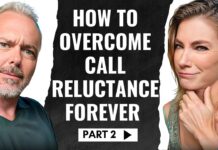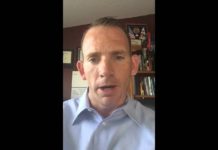It’s widely agreed that owning a home is one of the best ways for working and middle class Americans to build wealth. A recent study at Harvard University’s Joint Center for Housing Studies reminds us that still, 50 years after the passage of the Fair Housing Act, home ownership continues to be dominated by white Americans.
Today, homeownership by African Americans has fallen by nearly 5% below such levels in 1987. In 2017, 72% of white Americans owned homes; 43% of African Americans owned homes. Despite home ownership gaps among Hispanic-white and Asian-white groups narrowing somewhat over the last three decades, the black-white gap has widened substantially.
As in all matters real estate, some locations “do worse” than others in terms of this black-white gap. The Harvard study indicates that Minneapolis ranks the worst with a gap of 50% among white-black homeownership rates. Albany NY and Salisbury MD are not far behind; Charleston and Austin come in with an approximate 20%. Baltimore MD where 2/3 of the population is African American comes in the middle with a 31% gap between white-to-black homeownership. This 31% mirrors the national average.
The fact that Baltimore has a 31% gap in white-to-black homeownership is not a surprise to Lawrence Brown, a professor at the School of Community Health and Policy at Morgan State University I Baltimore. Brown points to a 2017 study done by a DC-based think tank, Prosperity Now, that indicated
- black unemployment was 3 X higher than whites
- 2/3 blacks do not have 3 months of savings to help ward off emergencies and/or job loss
- black median income rates are ½ of white income rates
- neighborhood redlining due to systemic under-investment is 45% more prevalent in black neighborhoods than white neighborhoods.
Baltimore also suffers from dwindling home inventories, as do other metros across the county. Even if a potential buyer wanted to buy, “there’s really not a lot” available to buy, said long-time associate broker JoAnne Poole. Poole also points to Baltimore City’s property taxes as a problem for African American homebuyers. “Baltimore City’s property taxes are among the highest in the state. The fact that the median sales prices rose nearly +4% in July from July 2017 to $170,000 is another hurdle.”
Alanna McCargo, vice president of housing policy at the Urban Institute, said, “The gap among white-to-black home ownership needs to be addressed on two fronts. It’s about black being able to purchase homes going forward. And, it’s about blacks who currently own homes keeping their ownership and being able to transfer and build equity and advance their overall wealth picture.”






























